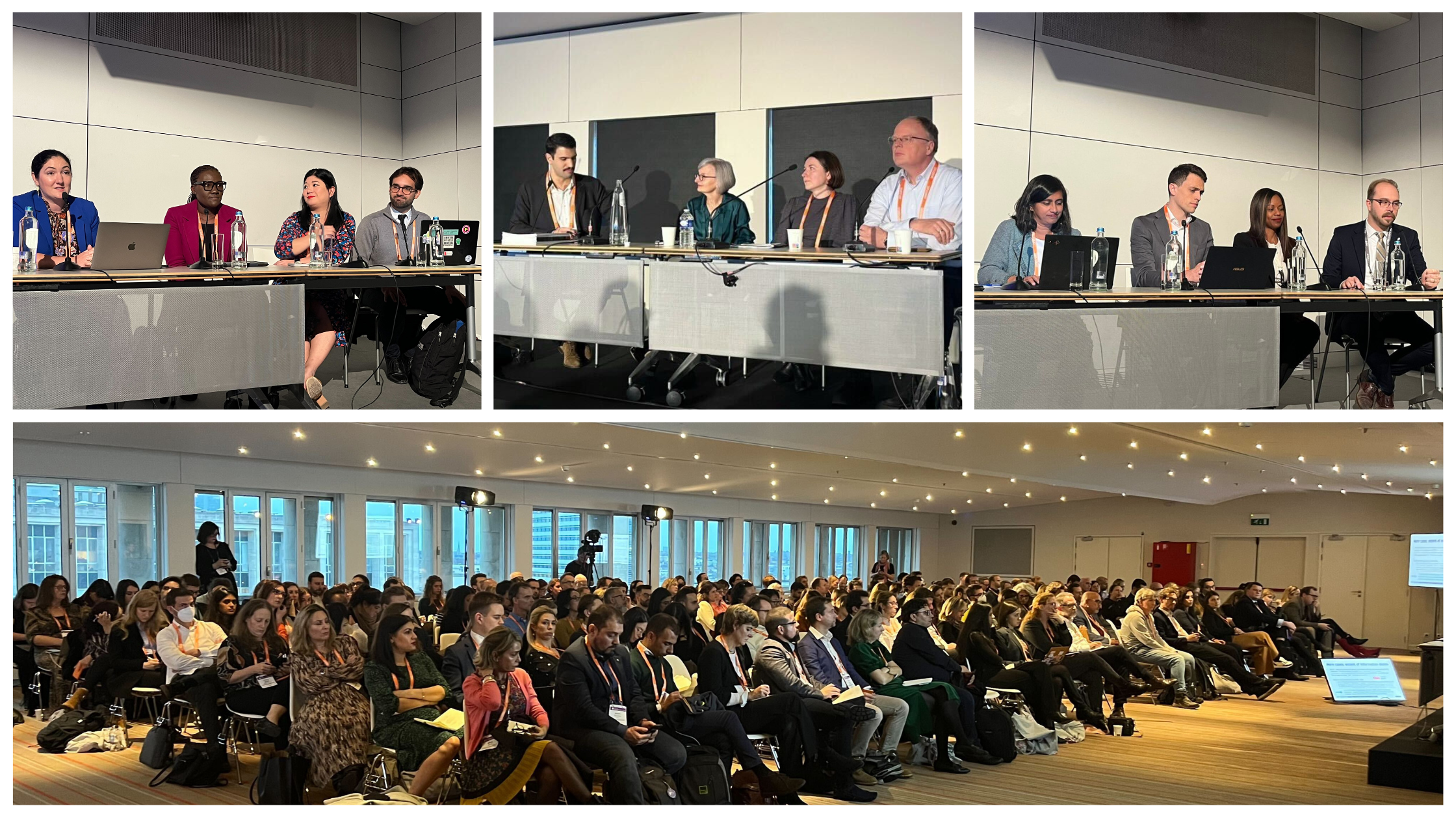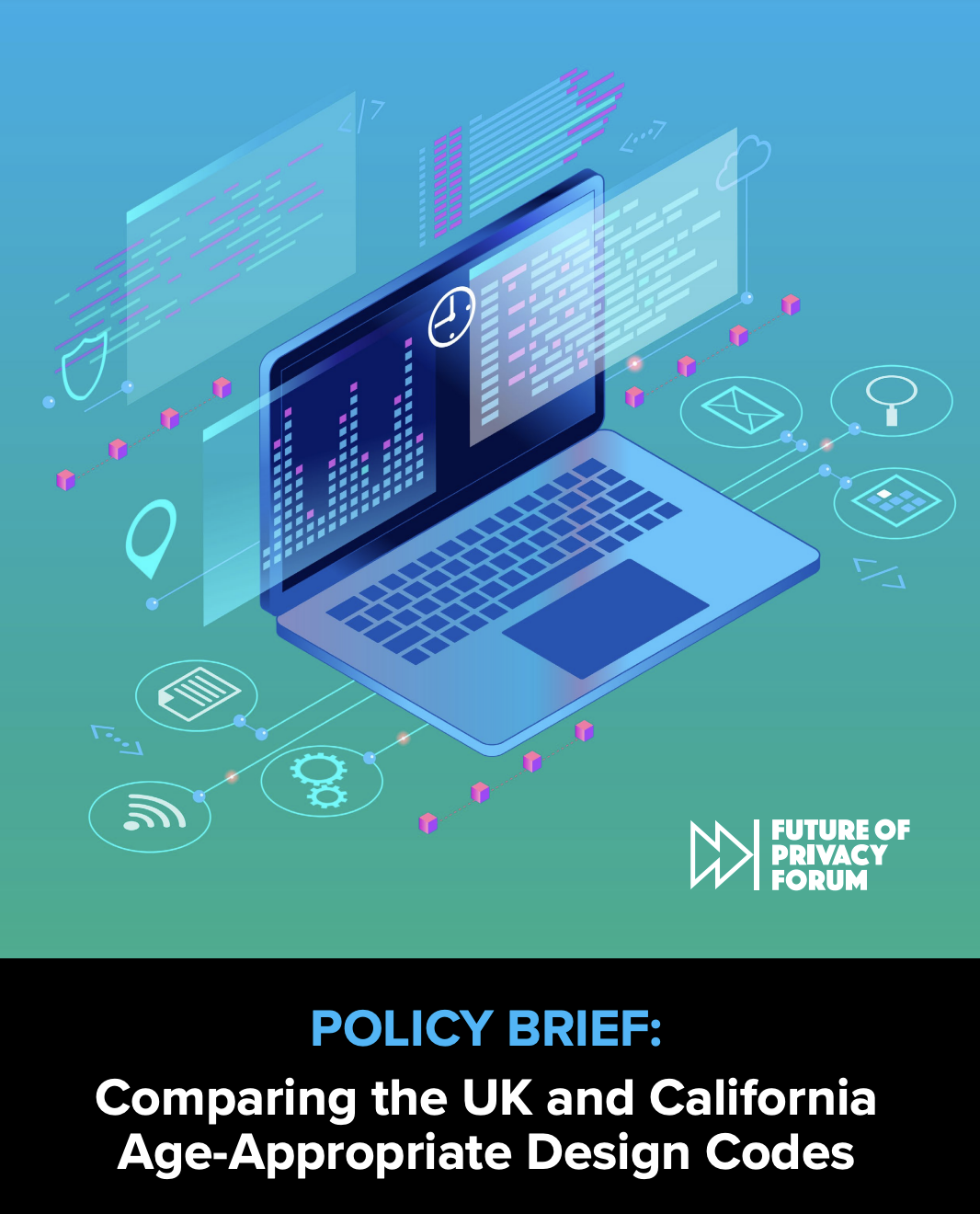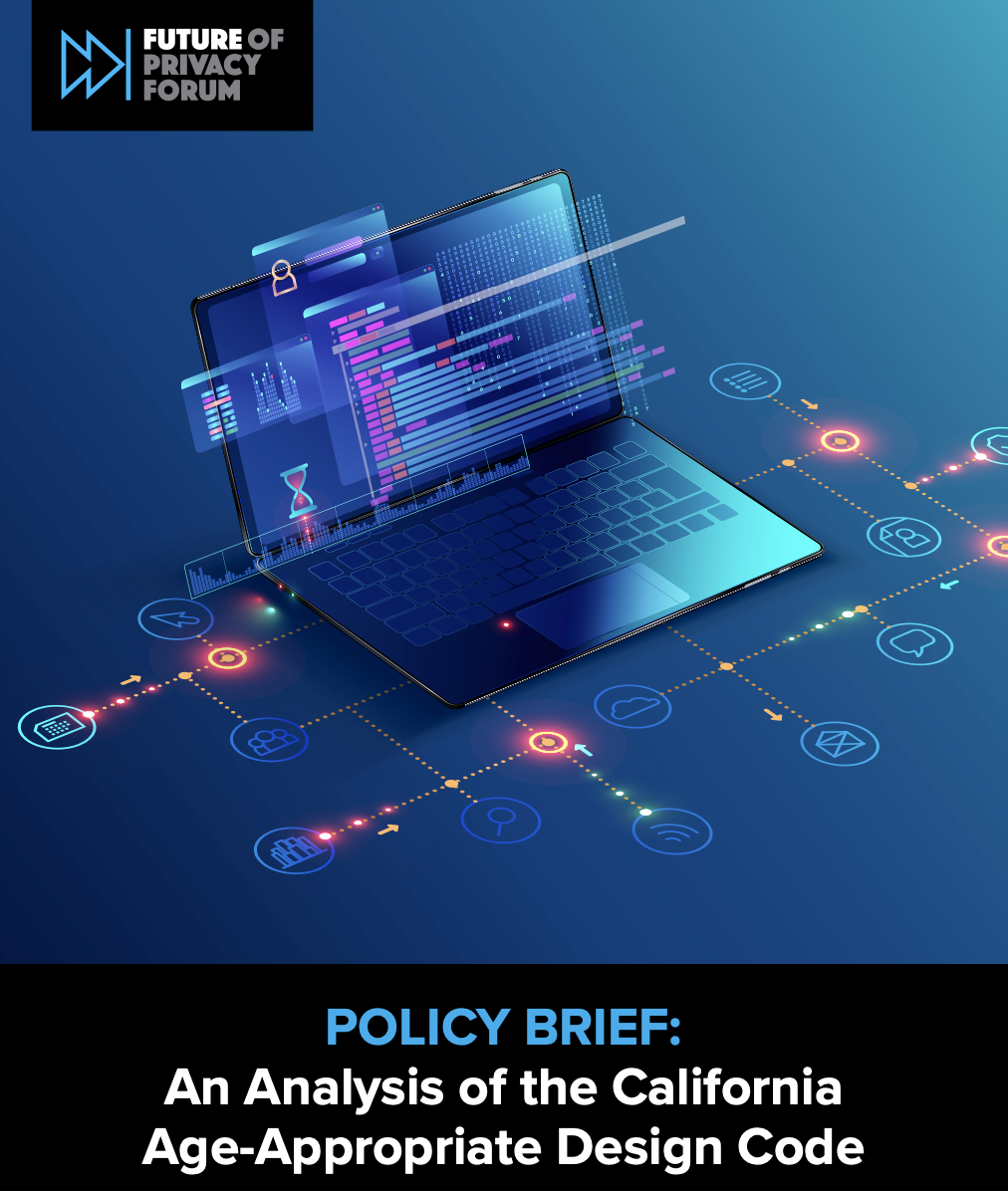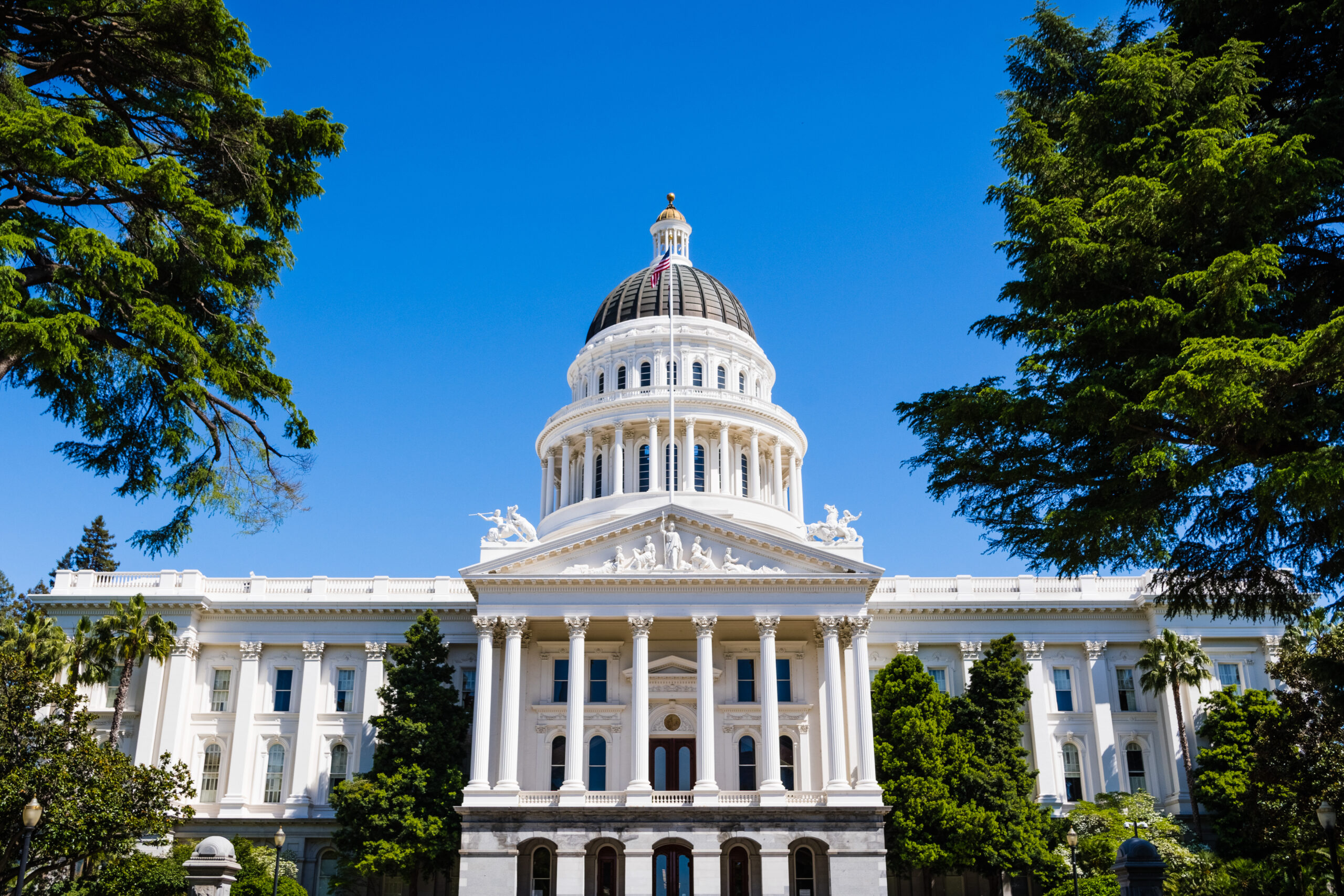
FPF at IAPP’s Europe Data Protection Congress 2022: Global State of Play, Automated Decision-Making, and US Privacy Developments
Authored by Christina Michelakaki, FPF Intern for Global Policy On November 16 and 17, 2022, the IAPP hosted the Europe Data Protection Congress 2022 – Europe’s largest annual gathering of data protection experts. During the Congress, members of the Future of Privacy Forum (FPF) team moderated and spoke at three different panels. Additionally, on November […]

Five Big Questions (and Zero Predictions) for the U.S. State Privacy Landscape in 2023
Entering 2023, the United States remains one of the only global economic powers that lacks a comprehensive, national framework governing the collection and use of consumer data throughout the economy. Congress made unprecedented progress toward enacting baseline privacy legislation in 2022. However, the apparent impasse in the efforts to move H.R. 8152, the American Data […]

FPF Releases Comparative Analysis of California and U.K. Age-Appropriate Design Codes
The Future of Privacy Forum (FPF) today released a new policy brief comparing the California Age-Appropriate Design Code Act (AADC), a first-of-its-kind privacy-by-design law in the United States, and the United Kingdom’s Age-Appropriate Design Code. While there are distinctions between the two codes, the California AADC, which is set to become enforceable on July 1, […]

Meet David Sallay, FPF’s new Youth & Education Privacy Director
FPF is thrilled to announce the new Director of our Youth & Education Privacy Program, David Sallay. David comes to FPF from the Utah State Board of Education, where he previously served as the Chief Privacy Officer and the Student Privacy Auditor at the Utah State Board of Education, where he worked with schools and […]

FPF Releases Analysis of California’s New Age-Appropriate Design Code
FPF’s Youth & Education team is pleased to publish a new policy brief that builds on this first brief by providing a comparative analysis of the United Kingdom’s Age Appropriate Design Code (UK AADC) to the California AADC, which was modeled after the UK AADC. Learn more and download the UK and CA AADC Comparative policy brief here. […]

Are we there yet? The long road to nowhere: The demise of India’s draft data protection bill
In August 2022, the Government of India withdrew the country’s draft Personal Data Protection Bill from the Parliament’s consideration. This was a surprise move, coming after more than four years of consultations, as well as several statements from top officials that its passage was imminent and that there were no plans to scrap the Bill […]

Judge declares Buenos Aires’ Fugitive Facial Recognition System Unconstitutional
On September 7, a trial judge declared the implementation of the Fugitive Facial Recognition System (SRFP, for its name in Spanish) by the Government of the City of Buenos Aires unconstitutional. The decision set an important precedent for risks associated with privacy and intimacy in public spaces in the context of public surveillance for law […]

FPF Participates in FTC Event on “Commercial Surveillance and Data Security” Proposed Rulemaking
Yesterday, FPF Senior Director for U.S. Policy Stacey Gray participated in a panel discussion hosted by the Federal Trade Commission (“FTC”) regarding its Advance Notice of Proposed Rulemaking (“ANPR”) on “Commercial Surveillance and Data Security” (comments start at 1:39:00). Feedback from the public forum is intended to help inform the Commission’s decision whether to proceed […]

FPF Welcomes Senior Fellows Covering Data Protection in Latin America and Japan
FPF welcomes two new Senior Fellows to the Global team that will provide ad-hoc insight into the state of play of data protection and privacy law developments in their regions: Pablo Palazzi for Latin America, with a focus on Argentina, and Takeshige Sugimoto for Japan. Pablo Palazzi Pablo A. Palazzi, who will oversee developments in Argentina […]

Age-Appropriate Design Code Passes California Legislature
Update: On Sep 15, 2022, California Governor Gavin Newsom signed AB 2273, the California Age-Appropriate Design Code Act. The law will apply to businesses that provide online services, products, or features likely to be accessed by children and broadly requires businesses to implement their strongest privacy settings by default for young users up to the age of […]
